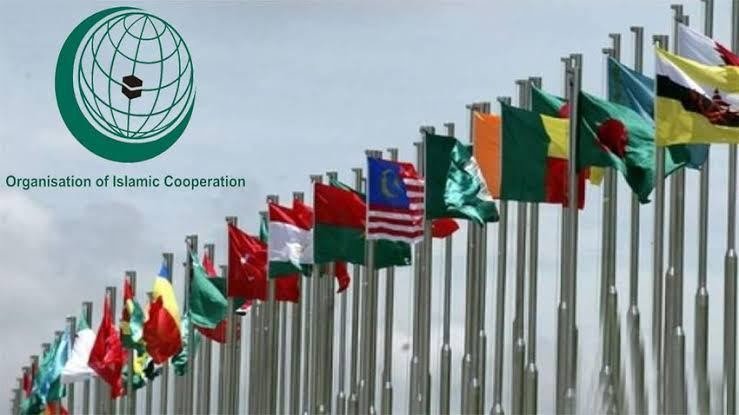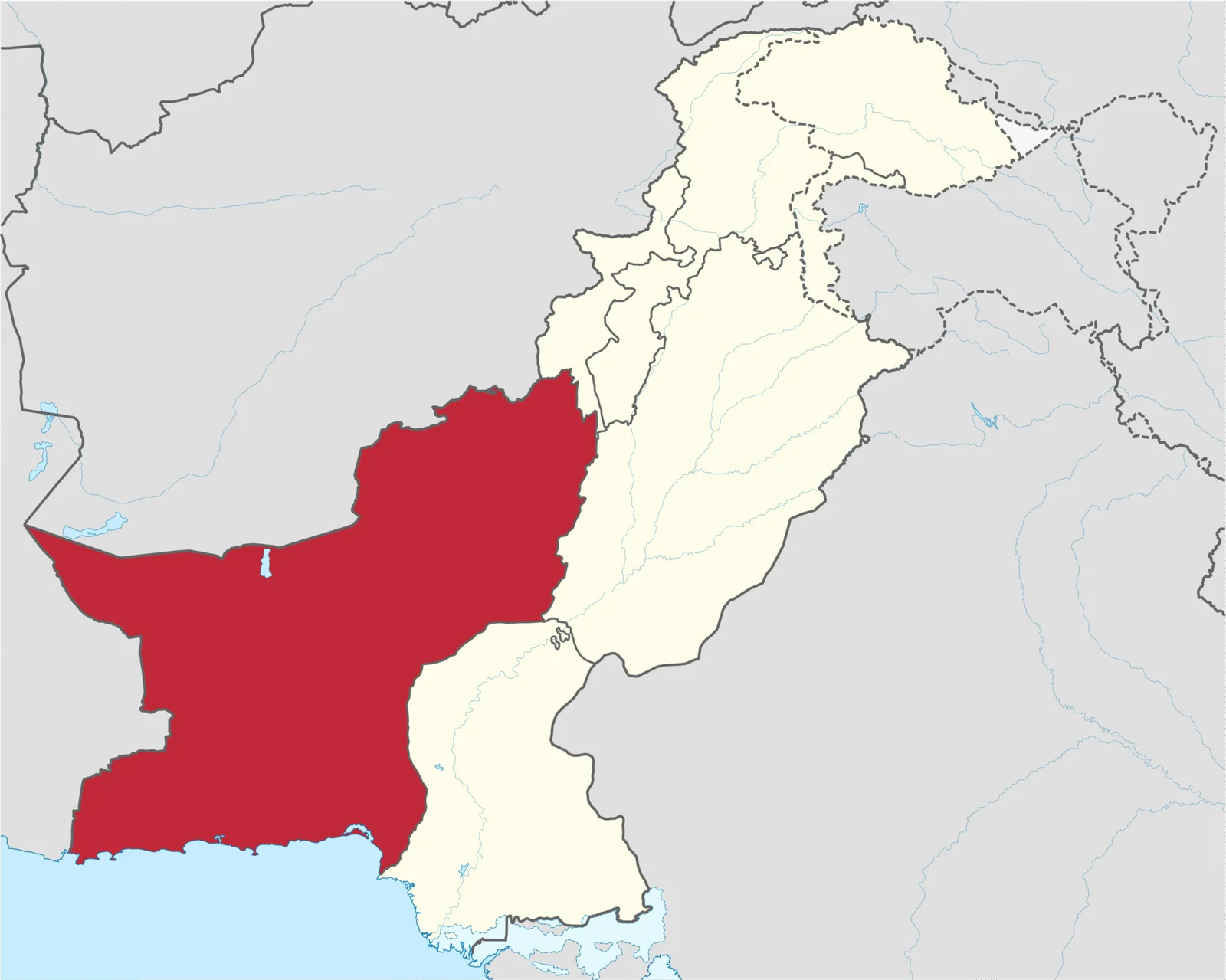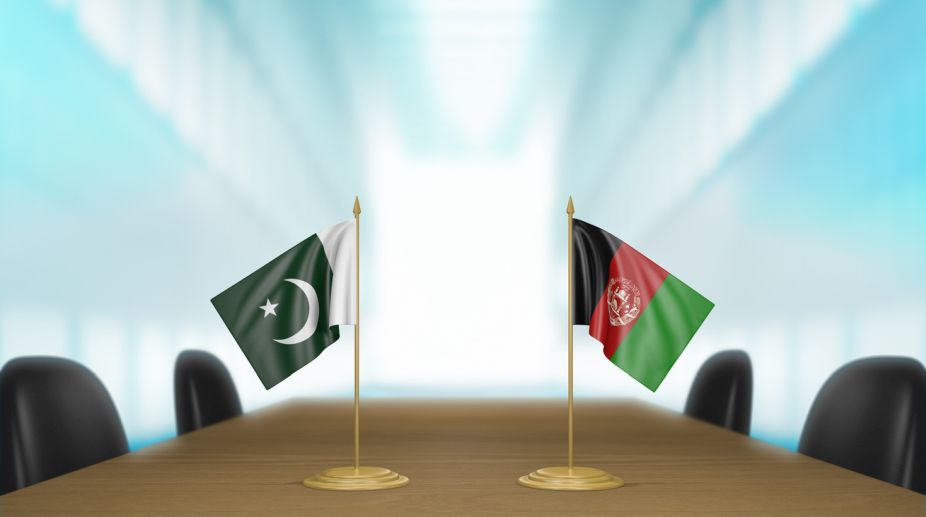Pakistan is inching closer to digital oppression, and the proposed ban on ‘unregistered’ VPNs could mark a critical turning point towards becoming a fully surveilled state. The government’s move threatens not only to hinder access to vital information but also to restrict privacy and freedom of expression in the digital realm. These implications extend beyond personal freedoms, potentially impacting socio-economic rights and isolating Pakistan’s internet from the global community.
VPNs and other anonymizing tools like Tor are essential for protecting human rights, especially in a country like Pakistan, where political dissidents, journalists, and human rights defenders face targeted harassment and intimidation. These tools provide a safe space to access information, share ideas, and bypass censorship. For many in Pakistan, VPNs have been a lifeline, enabling access to educational resources, news, and even livelihoods. The Pakistan Telecommunications Authority (PTA)’s approach to VPN registration has been opaque, with users facing challenges and limited transparency. Despite the PTA’s claim of a glitch in November, the sudden introduction of a registration portal with a tight deadline raises concerns about the government’s real intentions.
VPNs also protect political rights, especially when governments block access to the internet during sensitive times, such as protests or elections. The recent internet shutdowns in response to PTI protests highlight how the government uses such tactics to suppress dissenting voices and counter-narratives. The PTA justifies the VPN ban with claims of terrorism and immoral content but has failed to provide evidence to back these allegations, relying instead on broad generalizations.
Moreover, Pakistan lacks data protection laws, and the government’s collection of personal information through VPN registration threatens to link VPN use to individual identities, increasing surveillance and control over citizens. Pakistan already has an extensive interception system that allows eavesdropping on citizens’ communications without proper oversight, and there are reports of intelligence agencies gaining direct access to this system. The addition of a national firewall and other surveillance technologies could further extend the government’s ability to monitor and censor internet use.
Although the government frames VPN regulation as a step toward ensuring lawful use, the current registration process only applies to ‘commercial’ users, effectively banning VPNs for personal, educational, and research purposes. This disproportionally affects those seeking access to information or engaged in political activities. The government’s ongoing efforts to curtail VPN usage paint a misleading picture, reframing the tool as a means of facilitating illegal activities rather than as a necessary means of safeguarding privacy and accessing information in an increasingly repressive digital environment.
This ban on VPNs, combined with Pakistan’s draconian cyber-crime laws and non-transparent surveillance initiatives, represents a worrying step toward further digital authoritarianism. It’s essential for Pakistan to adopt an approach to internet regulation that aligns with international human rights standards, ensuring that the right to privacy, free expression, and access to information are protected for all citizens.
















